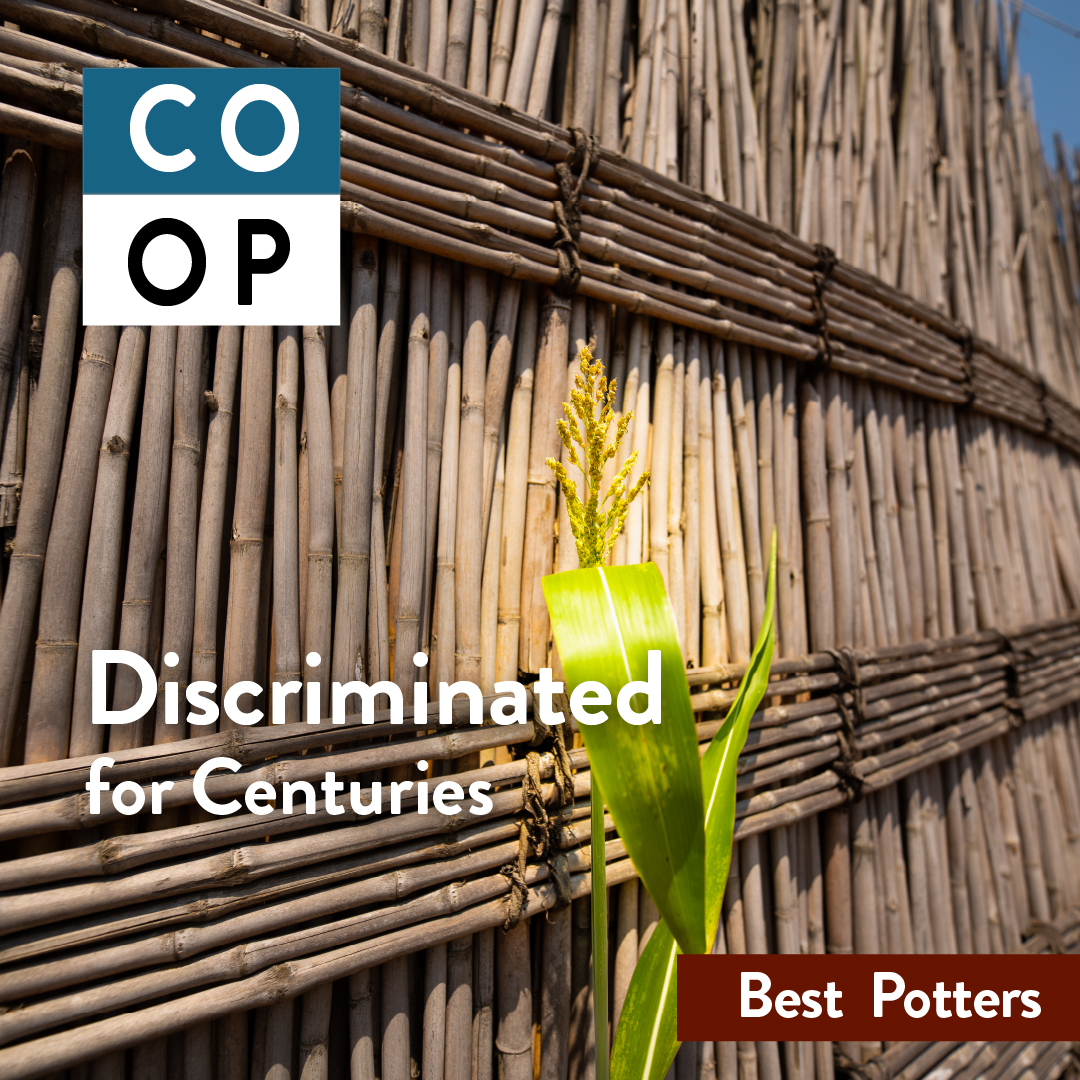Thousands of years ago, the first people moved into the Great Lake region. They inhabited the forests in small groups and didn’t see themselves as ethnicity. As hunter gatherers, they learned to profit from the endless riches of the rain forest, a knowledge they provided to new comers arriving thousands of years later.
The Great Lake region being a highly fertile place, it attracted many who were looking for better living conditions.
New economic forms like agriculture or animal husbandry needed land and pasture to cultivate and, thus, began to cut the forest, continuously reducing the living space of the hunter gatherers. In need of survival, the latter had to adopt a new way of life.
First seen as skilled healers and wise men and women, the farmers and herders began to see and treat them as competitors over the scare resources and excluded them from these economic activities.
Not organized, these individuals and small families didn’t have the power to counter and were forced to take on the activities assigned to them: pottery, music, and dancing. Some centuries later, the ones in power began to treat them as an ethnicity and called them Batwa: an example of imposed collective identity. This discrimination lastet up to recent times and these individuals and families have been trying to survive, sometimes successfully, often not. In the constitution of 2003, they are represented as historically marginalized communities. However …
To be continued …
